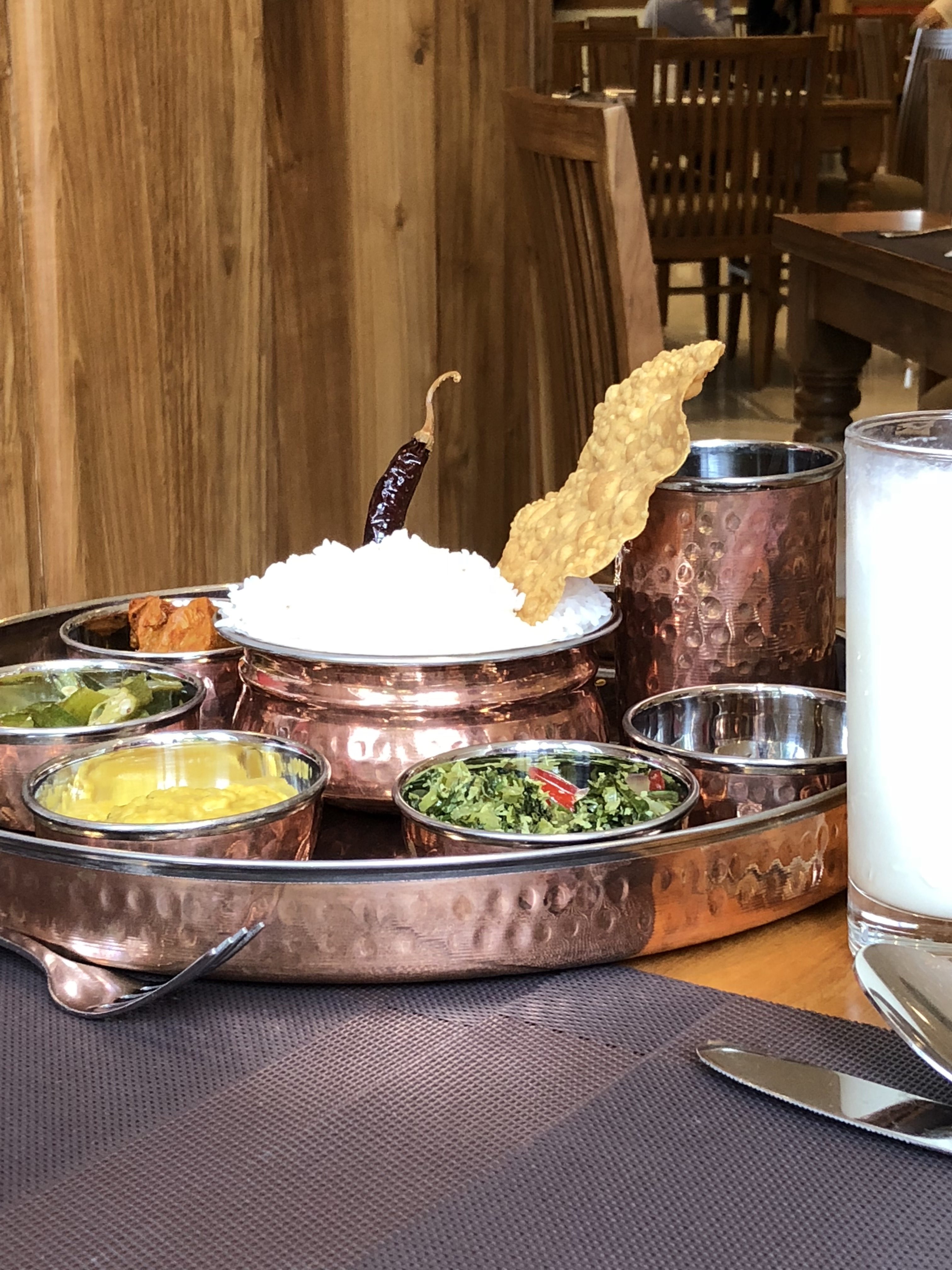Travelling To Make And Celebrate History

School years do whiz by and all the while talk about the future runs rampant—whether to go onto university, take a gap year, do an internship and so on. All good stuff. Still I firmly believe living in the moment is key, too.
This got me thinking about how to make experiences of today beneficial tomorrow and immediately, the topics of travelling and history came to mind, two concepts that are indelibly linked.
While travelling often feels like a light topic, something for fun, perhaps for a gap year and so on, history is a heavy one, recording the good, the bad and the indifferent. It is a topic that some love while in school, others find it hard to come to grips with. I have always fallen somewhere in between, a curiosity to know as much about the past as I could, quickly followed by a sense of information overload. Enough already, so there went my A’s.
However, as I got older and honed my research skills, my brain developed more of a tolerance for history—the more I knew, the more I wanted to know. And then I started travelling. And the rest is, well, history.
While I wanted to have a fun holiday or a good work experience, don’t misunderstand me, I immediately saw the benefits of getting to know a new culture, seeing life through the lenses of the locals, learning about their trials and tribulations, the things that shaped them, fashioned their history.

My first memorable experience of doing so was co-leading a group of students to the Philippines on what we called a work camp many years ago on behalf of my then employer Habitat for Humanity International. Quickly, I learned the difference between living on the surface of an experience and delving into it.
Admittedly, I had never felt so far from my comfort zone that I wanted to run for the hills or rather for the city, the creature comforts, except for one night when I couldn’t bear to sleep outside all night on the grounds of a mall. Pathetic, if I must say so myself. But while I could leave my tent unpitched in Albany, Ga, I couldn’t do that in the Philippines and I am glad I couldn’t. It was the beginning of a raised consciousness, which instantly made me a more compassionate, more open-minded, more grateful person. In short, I became a better person and thankfully that betterment has continued.
All I was asked to do was live a certain way for a couple of weeks if that—no electricity, no running water, sleeping under mosquito nets, etc., when much of the world’s population has no choice but to live this way indefinitely.
Sounds like a bit of reality TV, doesn’t it? But it was and still is the real deal for many. Admittedly, I hoarded a lot of guilt to begin with, as if I had somehow contributed to the situation, but over time I have learned to turn that guilt into positive action in my thinking, my giving, my doing and not just when I travel.
But particularly when I travel, which I do quite a bit of nowadays, I make an effort to get to know the people. Make no mistake about it, I still don’t do camping and therefore cannot recommend it, but what I do, as I did in Sri Lanka, is to try to dine with the locals when possible, talk with them, contribute to the economy, represent humanity as decently as I can, learn something about their joys, their sorrows, their pains, their pleasures, share in them as and when appropriate, and it not only makes my holiday richer, but it has a bearing on my life experience—on theirs, on history.


